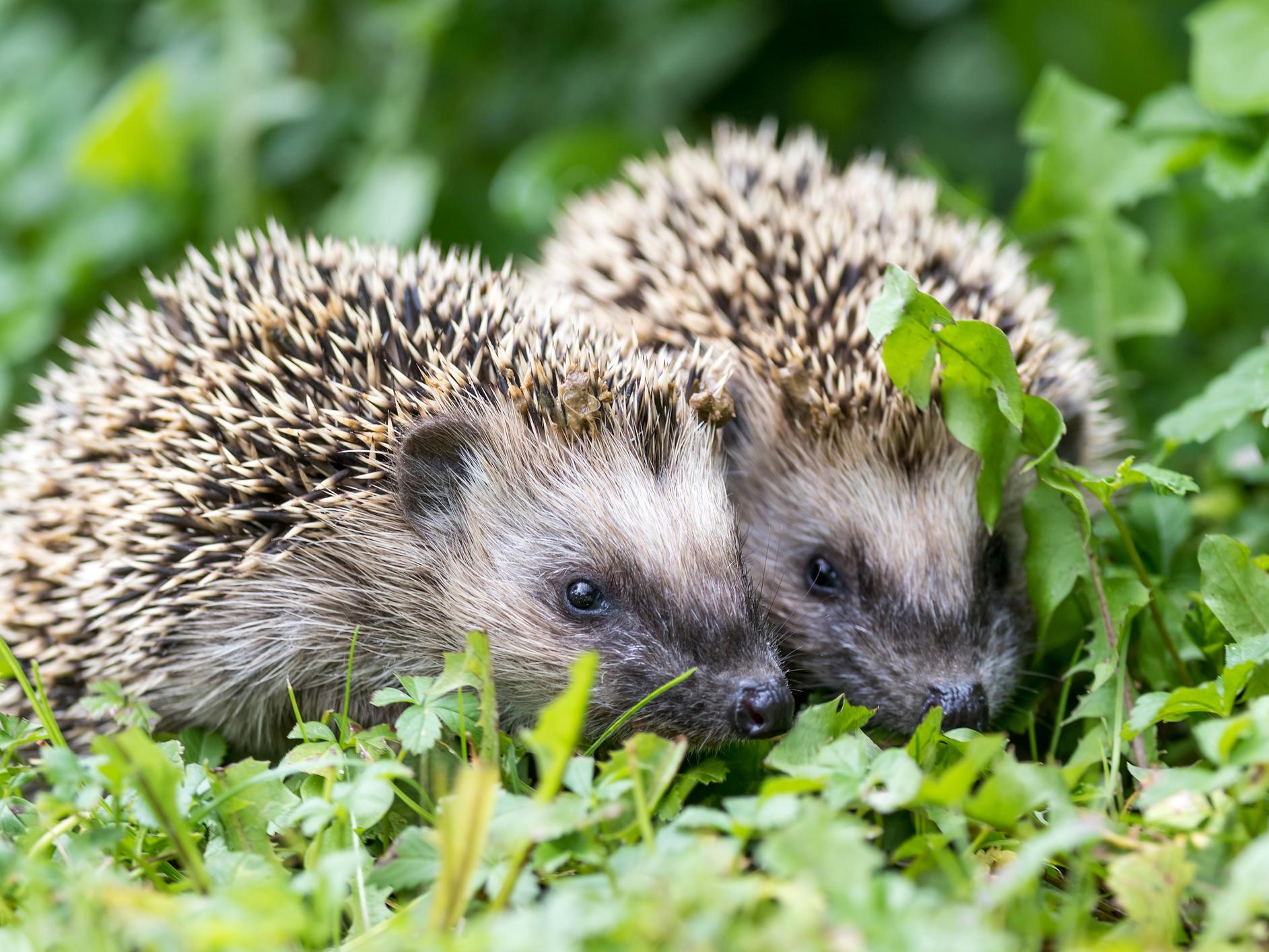Genetic code of every animal, plant and fungus in UK to be sequenced in ambitious project
Genomes of 66,000 species will be unravelled over course of a decade

Your support helps us to tell the story
From reproductive rights to climate change to Big Tech, The Independent is on the ground when the story is developing. Whether it's investigating the financials of Elon Musk's pro-Trump PAC or producing our latest documentary, 'The A Word', which shines a light on the American women fighting for reproductive rights, we know how important it is to parse out the facts from the messaging.
At such a critical moment in US history, we need reporters on the ground. Your donation allows us to keep sending journalists to speak to both sides of the story.
The Independent is trusted by Americans across the entire political spectrum. And unlike many other quality news outlets, we choose not to lock Americans out of our reporting and analysis with paywalls. We believe quality journalism should be available to everyone, paid for by those who can afford it.
Your support makes all the difference.The genetic codes of every animal, plant and fungus in the UK will be sequenced in a massive new project scientists say will benefit everything from conservation to medicine.
Dubbed the Darwin Tree of Life Project, the initiative is part of a massive global effort to unravel the DNA of all life on Earth.
The code of 66,000 species will be obtained over the course of a decade, providing naturalists with unprecedented insights that will turn the study of British wildlife on its head.
Samples will be gathered by teams across the country, and the latest technologies will be employed to process thousands of genomes every year throughout a network of UK institutions.
Amid warnings of a collapse in global biodiversity, the scientists say an understanding of the code underpinning these species will guide efforts to preserve them from extinction
The strategy could also provide enormous benefits for humanity, as researchers say the genetic information obtained will likely form the basis of new drugs, food and even fuels.
The project is launching to coincide with the overarching programme known as the Earth BioGenome Project, which is sequencing the genomes of all 1.5 million known species of animals, plants, fungi and protozoa – lifeforms known collectively as eukaryotes.
The Wellcome Trust Sanger Institute near Cambridge will serve as the UK genome-sequencing hub, with institutions from the Natural History Museum to the University of Edinburgh adding their expertise.
The project is estimated to cost around £100m in the first five years.
“Globally, more than half of the vertebrate population has been lost in the past 40 years, and 23,000 species face the threat of extinction in the near future,” said Professor Mike Stratton, director of the institute.
“Using the biological insights we will get from the genomes of all eukaryotic species, we can look to our responsibilities as custodians of life on this planet, tending life on Earth in a more informed manner using those genomes, at a time when nature is under considerable pressure, not least from us.”
The work will build on a previous project by Sanger scientists that saw them sequence 25 key British species including red and grey squirrels, robins and blackberries.
The chair of the Earth BioGenome Project, Professor Harris Lewin of the University of California, Davis, said British efforts would serve as a model for projects around the world to follow.
For the UK, Dr Tim Littlewood from the Natural History Museum said the initiative will allow scientists to re-evaluate their understanding of well-known species.
“A lot of the UK’s species lists and ID guides are now over 100 years old,” he said.
“We’ve not actually redressed, or returned to, our own natural history for a very long time in any grand system. And we’ve not yet looked at it in a modern sense, either.”
In recent months and years it has become clear that British species – from hedgehogs to puffins – are under serious threat from pollution, industrial agriculture and climate change.
Genetic data can help protect these creatures by revealing their strengths and vulnerabilities, for example the ability to withstand changing temperatures or susceptibility to certain diseases.
The information, which can also reveal the presence of new species that are not immediately obvious until researchers drill down into their DNA, will be stored in a public database so anyone in the scientific community can draw on this well of knowledge to inform their research.
Join our commenting forum
Join thought-provoking conversations, follow other Independent readers and see their replies
Comments